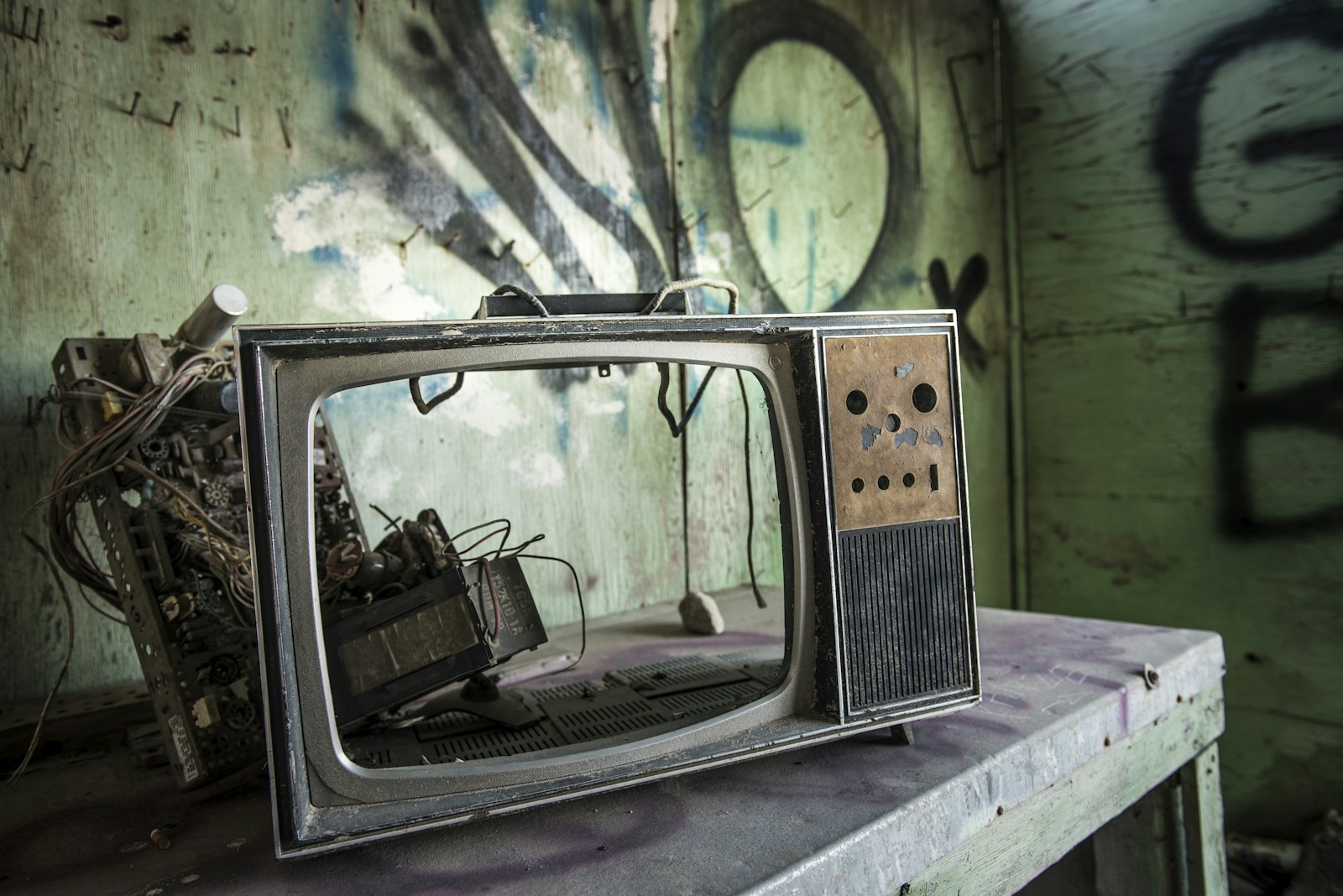
papelera

Trash
The Spanish word 'papelera' translates to 'trash' in English. It is a noun and can refer to a garbage bin or wastebasket where unwanted materials are discarded. The word is feminine in gender, therefore the definite articles 'la' or 'una' are used before it. It is derived from the word 'papel' which means paper, indicating its common usage for paper waste. The plural form is 'papeleras'.
Example sentences using: papelera
Por favor, tira eso en la papelera.

Please, throw that in the trash can.
This sentence is used when asking someone to throw something in the trash. 'Papelera' can be also used more broadly to refer to a trash or waste bin.
La papelera de reciclaje está llena.

The recycling bin is full.
In this context, 'papelera de reciclaje' refers to a recycling bin. This phrase indicates the bin is full and can't hold any more items.
¿Dónde está la papelera en esta oficina?

Where is the wastebasket in this office?
Here, 'papelera' is used to ask for the location of the trash can in a specific place, in this case an office.
Vacía la papelera, por favor.

Empty the trash can, please.
This phrase is a polite request for someone to empty the trash can. 'Papelera' clearly refers to the trash bin that needs emptying.
Necesitamos una papelera de reciclaje en cada aula.

We need a recycling bin in each classroom.
In this context, the statement is about needing a recycling bin, a 'papelera de reciclaje', in each classroom for proper waste management.
La papelera de la esquina siempre está llena.

The trash can on the corner is always full.
This sentence comments on the habitual fullness of a specific trash can, or 'papelera', that is located at the corner of a street or room.
Compra una papelera para la habitación.

Buy a waste bin for the room.
This phrase is instructing someone to purchase a waste bin, 'papelera', for a specific room.
La papelera está al lado del escritorio.

The wastebasket is next to the desk.
This sentence is describing the location of the wastebasket, 'papelera', as being next to the desk.
La papelera está debajo de la mesa.

The trash can is under the table.
This phrase is pointing out the location of the trash can, or 'papelera', as being under a table.
Guarda la papelera de reciclaje en el armario.

Store the recycling bin in the closet.
This sentence is instructing someone to store the recycling bin, 'papelera de reciclaje', in a closet.